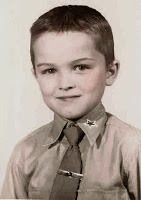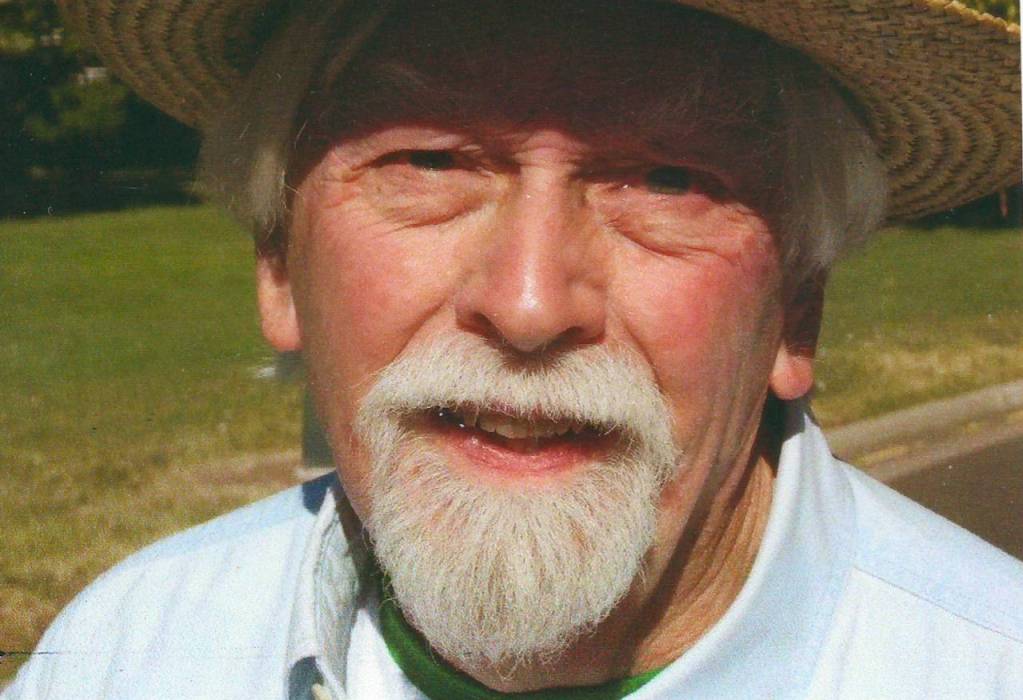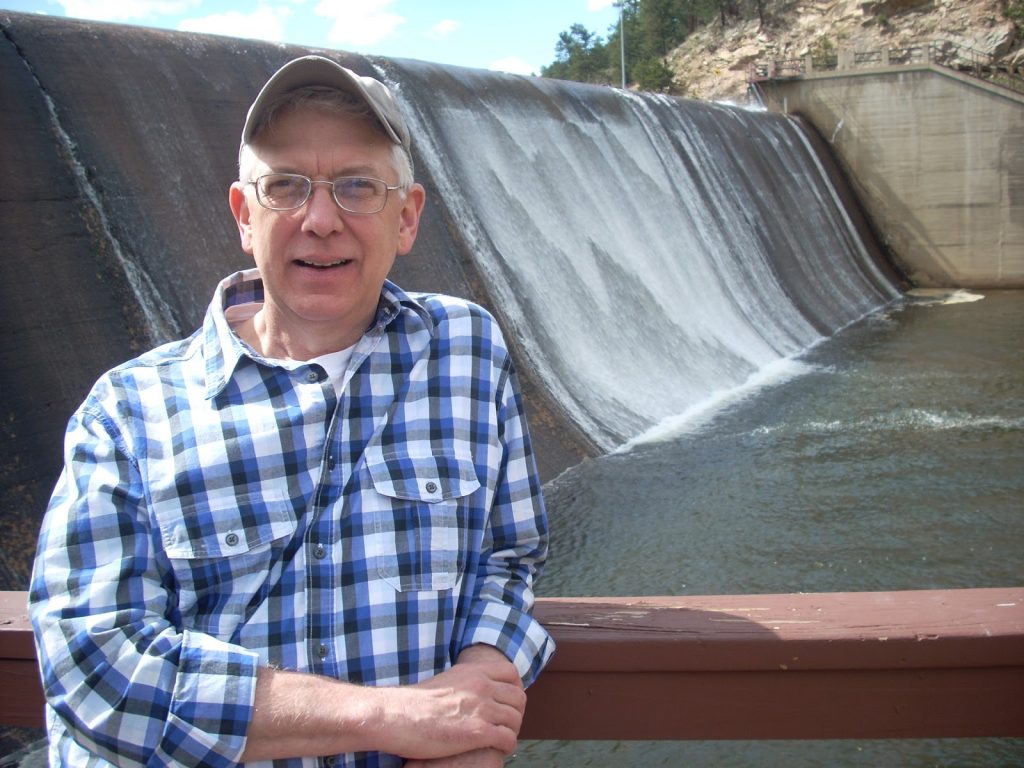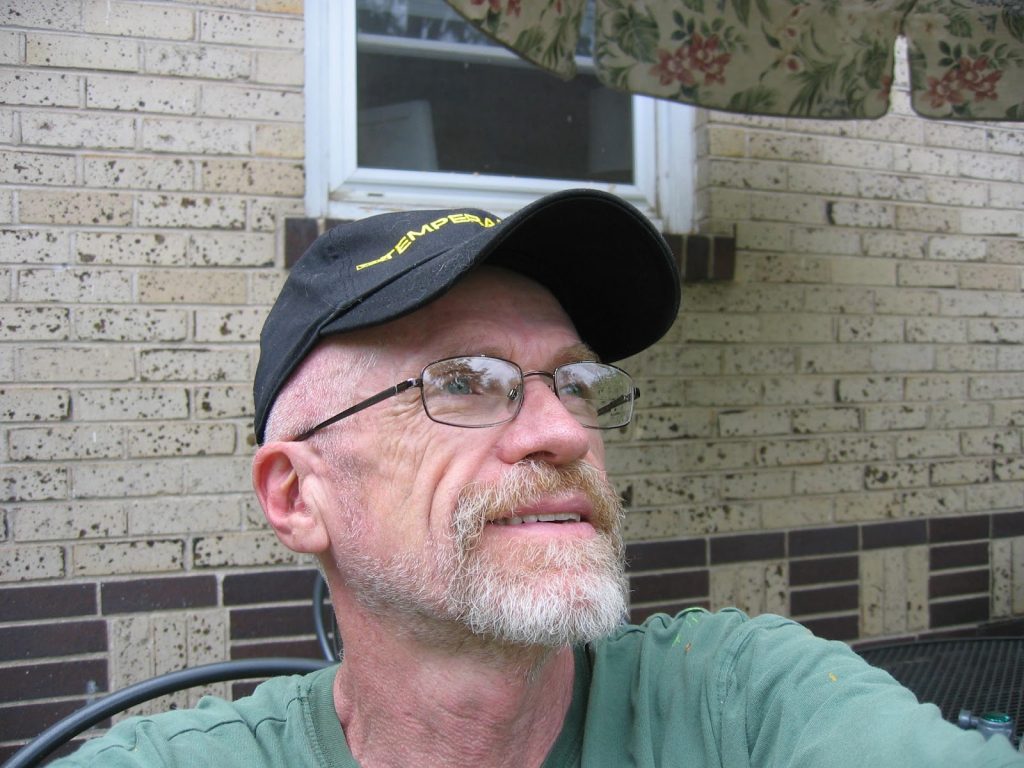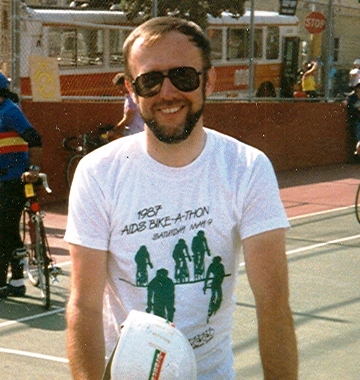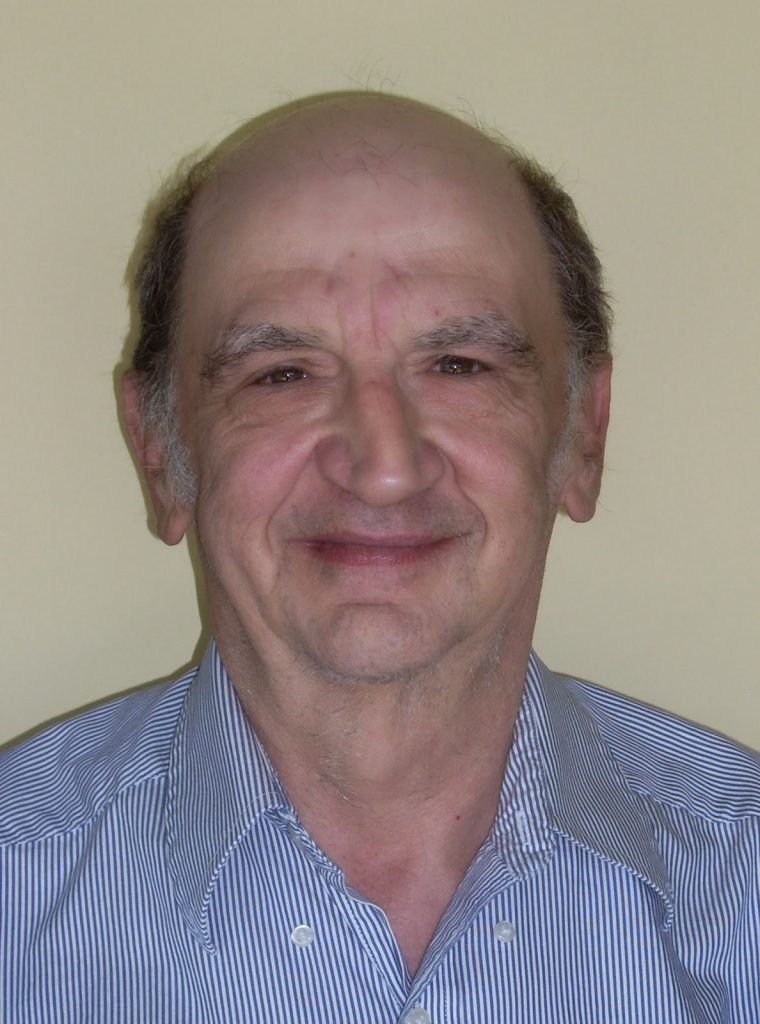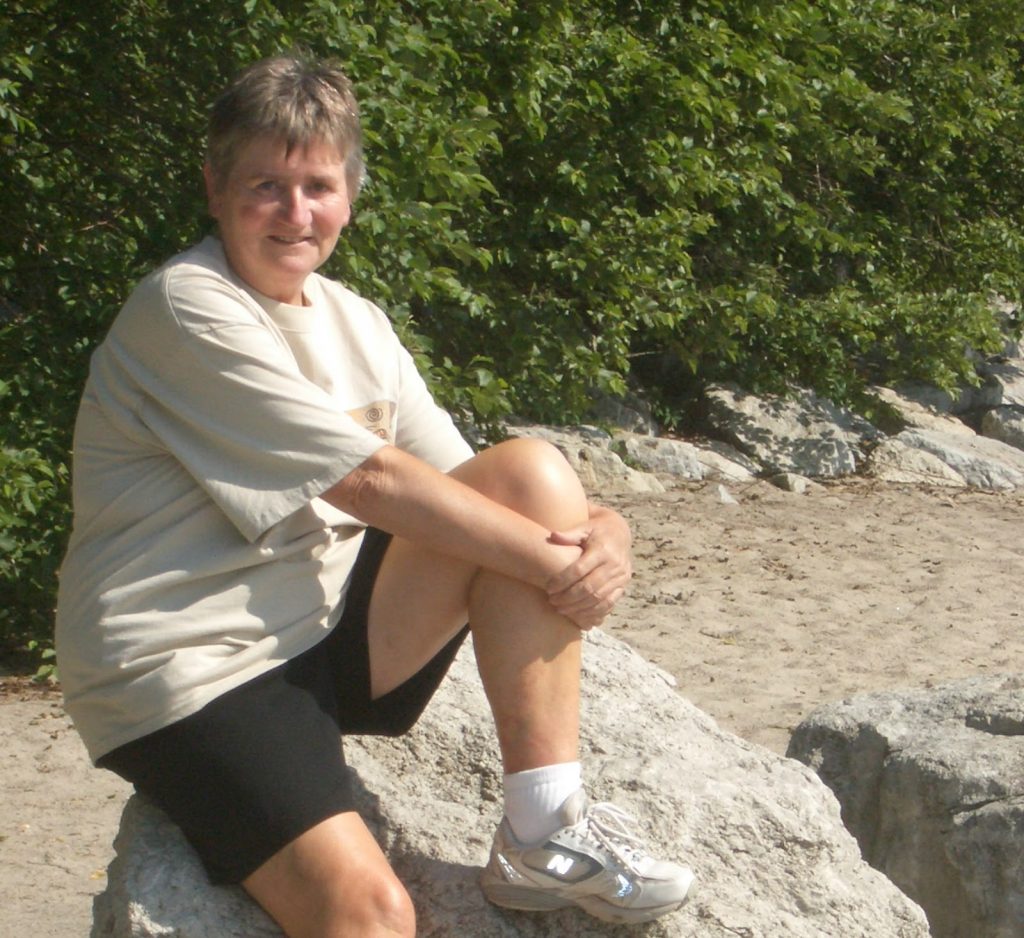Geographical Note: Jackson Heights is located in Queens County in New York City. The big pride parade takes place in Manhattan. Jackson Heights is the second biggest lesbian and gay neighborhood in NYC outside of Greenwich Village. The population is primarily Hispanic and Hindu. 3 major subway lines converge in Jackson Heights so it is easily accessible from anywhere in Queens and Manhattan.
I was the recording secretary of the Queens Lesbian and Gay Pride Committee from 1986 to 1988, for 3 years. It was hard work. At the monthly meetings I had to record pretty much what all the committees had to report. The march in Jackson Heights, Queens, took place and still takes place on the 4th Sunday of June every year. There were the Treasurer’s report, the advertising-promotion committee report, the lawyer’s report, the President’s report, the mass mailing committee report. The promo-advertising-committee had a sub-committee, the fundraising committee that had its own separate report, the website maintenance committee.
The lawyer usually reported on the status of his application to the IRS of the 501.c status of our not-for-profit corporation, QLGPC. For some reason this was an on-going process as opposed to a one-time settled issue.
Of course, the fundraising sub-committee had to report directly to the treasurer, and the treasurer told the General Meeting where the money was being kept, in what bank account. The treasurer had to report to the (rather expensive) CPA of the corporation. The treasurer also reported on the payment of the expensive liability insurance premiums. The officers of the corporation, including myself, had to sign the certificate of incorporation. The fundraising sub-committee was no joke; they received large donations both from gay bar owners and large corporations such as Citibank. Then of course QLGPC sold advertising to businesses that wanted to purchase ads in QLGPC brochures and other promotional material. Naturally, wherever there is a large accumulation of cash, there are going to be embezzlers. But QLGPC was quite successful in finding out and getting rid of its embezzlers. Some of them were jailed.
Then there were more reports from the liaisons to the elected officials, the liaison to the Mayor’s Office (referring to the Mayor of New York City), the liaison to the department of sanitation, the liaison to the police department. And finally there was the liaison committee to the civic organizations, both gay lib type civic organizations and other groups. Among all of these, the most important was
P-FLAG that became a major sponsor of the Queens March. Another important group was ACQC, or the Aids Center of Queens County. In this case the liaisons were also officers of their own organizations, and they would report back to their organizations what they heard at our monthly general meeting. I should qualify this and state that as June approached, the monthly meetings turned into weekly meetings.
Then there were the reports from the liaisons to the vendors of which there were two categories: regular vendors, food vendors, beer vendors (selling beer required another special permit from the City) and the civic groups, such as HRCF, the NLGTF, the New York Imperial Court and on and on and on. They all had to rent their space. If the civic groups could not afford the fee, if applicable the fee was waived. Then there were the Lesbian and gay ethnic groups, e.g. the gay and Lesbian Bolivians. In other words, these groups set up their tents for the festival and rally following the 15-block march down 35th Avenue.
This whole parade committee had been founded and originally promoted by City Council Member, Danny Dromm. Mr. Dromm was also the founder of the Progressive Caucus in the New York City Council. His biography is quite interesting.
Then there was the Hospitality Committee with a sub-committee liaison to the NYC Dept of Parks. The Hospitality Committee was responsible for setting up what went on at the main tent of the Festival where Danny Dromm presented himself to the public to announce important legal victories or setbacks over the previous years. The Hospitality Committee also had to arrange the catering for the guests of honor at the main stage of the Festival. Yours truly was one of the guests of honor. In general, they did a very good job. The entertainment was really sensational and inclusive. And any VIP, such as a member of Congress or an elected official from New York State General Assembly or the Senate, could depend on getting his or her five minutes or so on the stage, once he or she was approved by the QLGPC steering committee. Special mention should be made of NY State Senator, Tom Duane, a long-time gay lib agitator.
Another issue that required planning was the choosing the Grand Marshall of the Parade, which usually was the Borough President. The BP would usually be expected to hold a Lesbian and gay pride reception in the Boro Hall, to which Danny Dromm was usually invited. The ACQC liaison committee also had an outreach team to local hospitals. The most responsive but certainly not the only local hospital was Elmhurst General Hospital that was interested in promoting its own Health Fairs. One of the officers of Elmhurst General Hospital was a particularly good friend of QLGPC.
After the first 3 or 4 years of holding the Queens Lesbian and Gay Pride parade, certain people wanted to start a Lesbian and gay Pride Committee for the borough of Brooklyn. So it happened, and QLGPC formed another liaison committee. So now Brooklyn has its own Lesbian and gay annual pride march and festival, and, for the sake of variety, holds their festivities at night.
An off-shoot of the Hospitality Committee was a sub-committee charged with the responsibility of setting up the Winterpride Dinner. If you wanted to attend, the ticket cost $60.00, less if you couldn’t afford it. So every year there is an elaborate catered affair at one of the rather lavish catering halls in Queens. The one I remember is Dante’s in Jackson Heights. But there were others, when attendance at the Winterpride Dinner got too large, Dante’s could not handle it. At the dinner, you could expect a Baroque quartet, lots of booze and very gourmet appetizers. Again part of the entertainment of the main stage at Winterpride were the necessarily brief presentations of the local politicians who pointed out what they did and are doing for our community.
After 3 years of being recording secretary, I got burned out. Someone succeeded me, I think it was a Mr. Siciliano. After 3 years of this, I said to myself that what gay liberation means to me is not so much political organizing, as important as this is. Gay liberation means to me the status of Lesbian gay people in the Church community. So I ran around to various churches, etc. I told you that story already. Besides the people I was dealing with all had some real political power, they were middle class. I did not really identify with them. I used to frequent the Lesbian and Gay Center on West 13th Street in NYC. I kept track of the groups that formed there. Two groups that intrigued me were COOL – Committee of Outraged Lesbians and Bronx Lesbians from a Lower Class Background. Whoever the founders of these groups were, I say “bravo.” Middle class gay people are not the only people interested in gay liberation. And there is more than one way of being disenfranchised.
Moral: We should all be thankful to the organizers of our annual Denver Gay and Lesbian Pride March. It involves a crushing amount of legal work to keep everything on track.
April 7, 2014
About the Author
I was born in 1944, I lived most of my life in New York City, Queens County. I still commute there. I worked for many years as a Caseworker for New York City Human Resources Administration, dealing with mentally impaired clients, then as a social work Supervisor dealing with homeless PWA’s. I have an apartment in Wheat Ridge, CO. I retired in 2002. I have a few interesting stories to tell. My boyfriend Kevin lives in New York City. I graduated Queens College, CUNY, in 1967.


